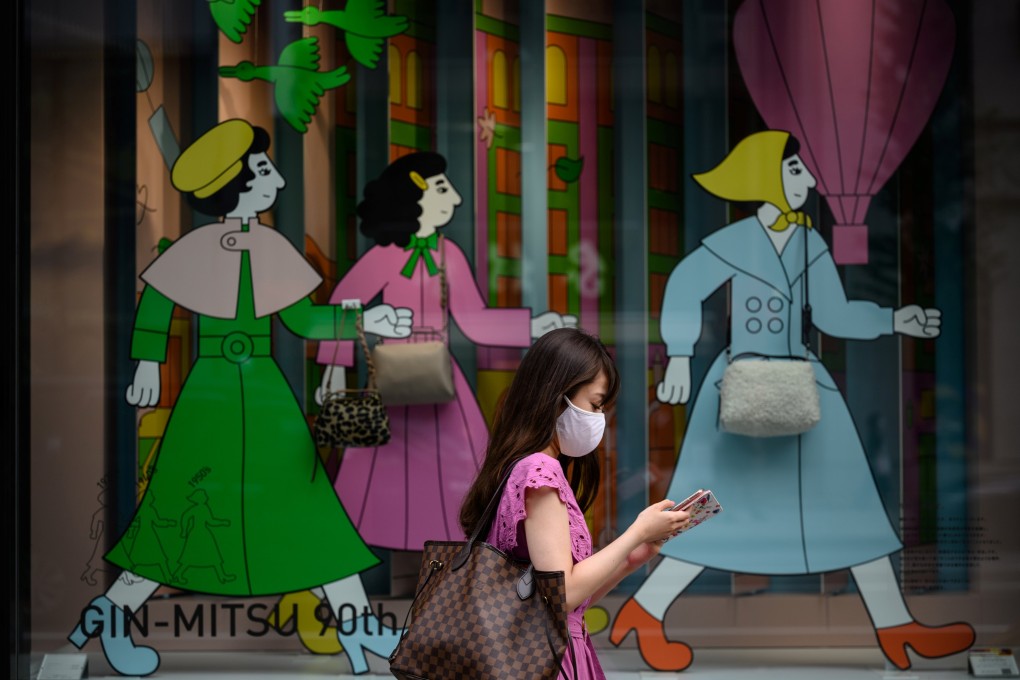‘Biased against women’: Japan’s gender gap the widest among OECD countries, World Bank study shows
- Japan is 73 out of 190 countries surveyed in an assessment of equality between genders, below the Democratic Republic of the Congo, Angola, Nepal and Lesotho
- The World Bank study also notes Japan’s failure to address the long-standing problems of unequal pay and opportunities for male and female employees

The report ranks nations on eight metrics, including pay, marriage, entrepreneurship opportunities and workplace conditions, with two new areas added to the 2024 report – childcare services and safety from violence.
And while Japan fared well in access to childcare services, the World Bank did raise red flags in a number of other areas, including a failure to make progress on improving the long-standing problems of unequal pay and opportunities for male and female employees.
With all the elements taken into account, Japanese women enjoy only 72.5 per cent of the legal rights and protections that Japanese men do, the study concluded. In comparison, the average across the OECD is 84.9 per cent.
The report also noted that women entrepreneurs do not benefit from the same opportunities as their male counterparts, while also calling for changes to Japan’s legal framework to deal with cases of domestic violence and sexual harassment.
